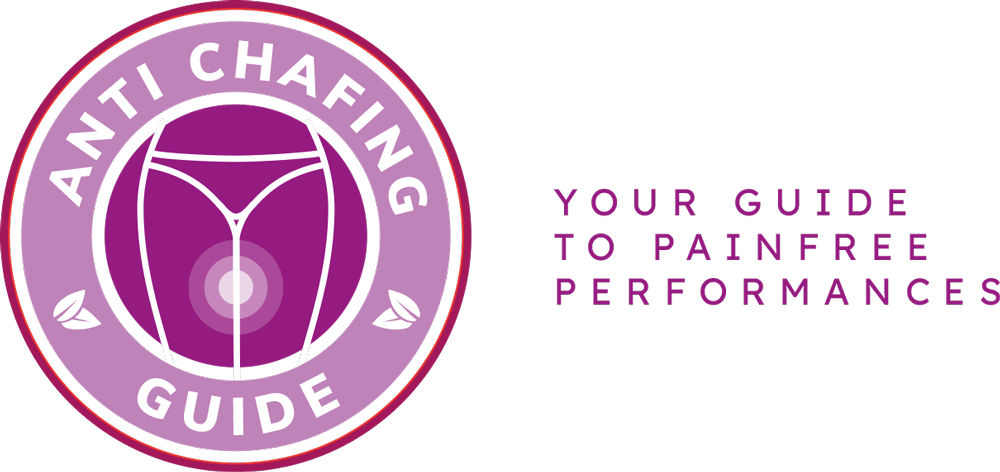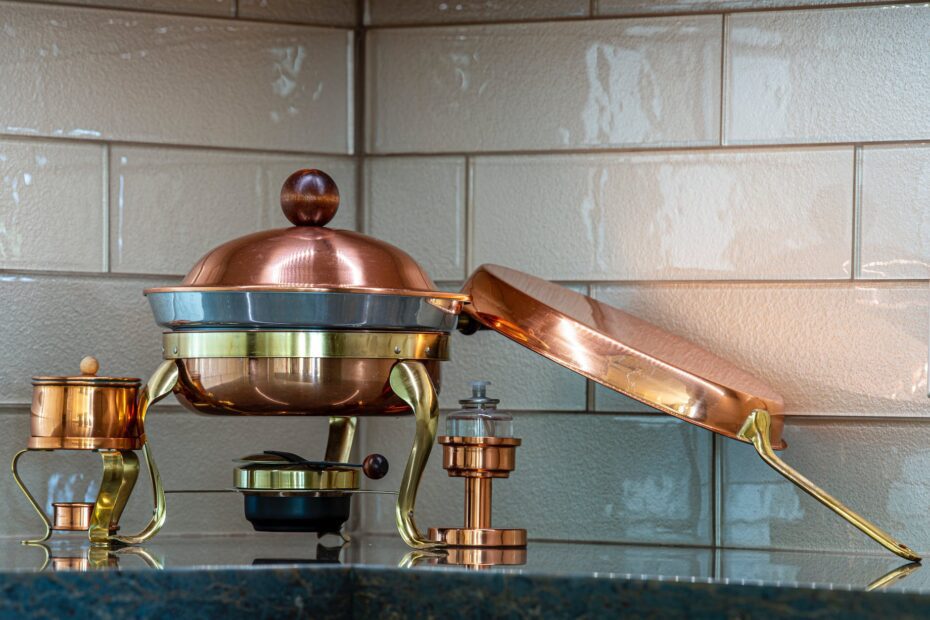Banish the Burn: Demystifying Vulvar Chafing – Expert Guide to Soothe and Prevent
Welcome to our comprehensive guide on understanding and addressing vulvar chafing. In this expert guide, we will provide you with valuable advice on how to soothe and prevent this uncomfortable condition. Vulvar chafing can cause significant discomfort and irritation, but with the right knowledge and strategies, you can find relief.
Vulvar chafing can be caused by various factors, including friction from clothing, excessive moisture, and certain skin conditions. These factors contribute to the discomfort and irritation experienced by individuals. By understanding the causes, you can take proactive steps to prevent and alleviate the symptoms.
To soothe and prevent vulvar chafing, it is essential to practice proper hygiene, choose clothing and fabrics that minimize friction, use lubricants for added protection, and seek medical advice if you suspect an underlying condition. Our expert guide will delve into these practical tips and remedies, providing you with the knowledge to effectively manage vulvar chafing.
Remember, you are not alone in this journey. With the right information and support, you can banish the burn of vulvar chafing and regain your comfort and confidence. Let’s explore this topic further and discover the solutions that will work best for you.
Causes of Vulvar Chafing
Causes of Vulvar Chafing
When it comes to vulvar chafing, several factors can contribute to this uncomfortable condition. Understanding the common causes can help you take proactive steps to prevent and soothe vulvar chafing.
Friction from clothing is one of the primary culprits of vulvar chafing. Tight or abrasive fabrics, such as synthetic materials or rough seams, can rub against the delicate skin of the vulva, leading to irritation and discomfort. Additionally, activities that involve repetitive movements, such as running or cycling, can exacerbate friction and increase the risk of chafing.
Excessive moisture in the vulvar area can also contribute to chafing. Sweat, urine, and vaginal discharge can create a moist environment, providing the perfect breeding ground for bacteria and fungi. This can lead to skin irritation and inflammation, causing chafing and discomfort.
Furthermore, certain skin conditions, such as eczema or psoriasis, can make the vulvar skin more susceptible to chafing. These conditions can cause dryness, itching, and inflammation, making the skin more vulnerable to friction and irritation.
By understanding the causes of vulvar chafing, you can take steps to minimize the risk and alleviate discomfort. From choosing the right clothing materials to maintaining proper hygiene practices, addressing these underlying factors can help you banish the burn and enjoy optimal vulvar health.
Tips for Soothing and Preventing Vulvar Chafing
When it comes to soothing and preventing vulvar chafing, there are several practical tips and remedies that can help alleviate discomfort and irritation. By following these suggestions, you can take proactive steps to protect your delicate skin and maintain overall vulvar health.
1. Proper Hygiene Practices: Maintaining good hygiene is essential in preventing vulvar chafing. Clean the area with mild, fragrance-free soap and warm water, and pat dry gently with a soft towel. Avoid using harsh soaps or excessive scrubbing, as this can further irritate the skin.
2. Choosing the Right Clothing and Fabrics: Opt for loose-fitting, breathable clothing made from natural fabrics like cotton. Avoid tight synthetic materials that can trap moisture and increase friction. Additionally, consider wearing moisture-wicking underwear to keep the area dry and reduce chafing.
3. Using Lubricants: Applying a thin layer of water-based lubricant to the vulvar area can help reduce friction and provide a protective barrier. Look for lubricants that are free from irritants and allergens, and avoid using petroleum-based products, as these can clog pores and lead to further irritation.
4. Seeking Medical Advice for Underlying Conditions: If you experience persistent or severe vulvar chafing, it is important to consult a healthcare professional. They can help identify any underlying skin conditions or infections that may be contributing to the issue and provide appropriate treatment.
By incorporating these tips into your daily routine, you can effectively soothe and prevent vulvar chafing, promoting comfort and overall vulvar health.
Frequently Asked Questions
- What is vulvar chafing?
Vulvar chafing refers to the irritation and discomfort experienced in the area surrounding the vulva, typically caused by friction, moisture, or skin conditions. It can result in redness, soreness, itching, and a burning sensation.
- What are the common causes of vulvar chafing?
Common causes of vulvar chafing include wearing tight or abrasive clothing, excessive sweating or moisture, skin rubbing against skin, and certain skin conditions such as eczema or dermatitis.
- How can I soothe vulvar chafing?
To soothe vulvar chafing, it is important to keep the area clean and dry. You can apply a gentle, fragrance-free moisturizer or aloe vera gel to help alleviate discomfort. Wearing loose-fitting, breathable clothing and avoiding irritants such as scented soaps or douches can also provide relief.
- How can I prevent vulvar chafing?
To prevent vulvar chafing, opt for loose-fitting clothing made of breathable fabrics like cotton. Avoid wearing tight underwear or pants, especially during physical activities. Keep the area clean and dry, and consider using a lubricant to reduce friction. If you have recurring chafing, consult a healthcare professional to rule out any underlying skin conditions.
- When should I seek medical advice for vulvar chafing?
If your vulvar chafing persists or worsens despite self-care measures, or if you notice any signs of infection such as pus, excessive swelling, or fever, it is important to seek medical advice. A healthcare professional can provide a proper diagnosis and recommend appropriate treatment options.


Keith is originally from Truckton, Colorado. The 54-year-old cared for his overweight wife for many years. Keitch is also a freelance editor at antichafing.net and supports the team as a competent advisor. In his spare time Keith enjoys reading books, visiting his homeland and is a passionate product tester for well-known manufacturers.

